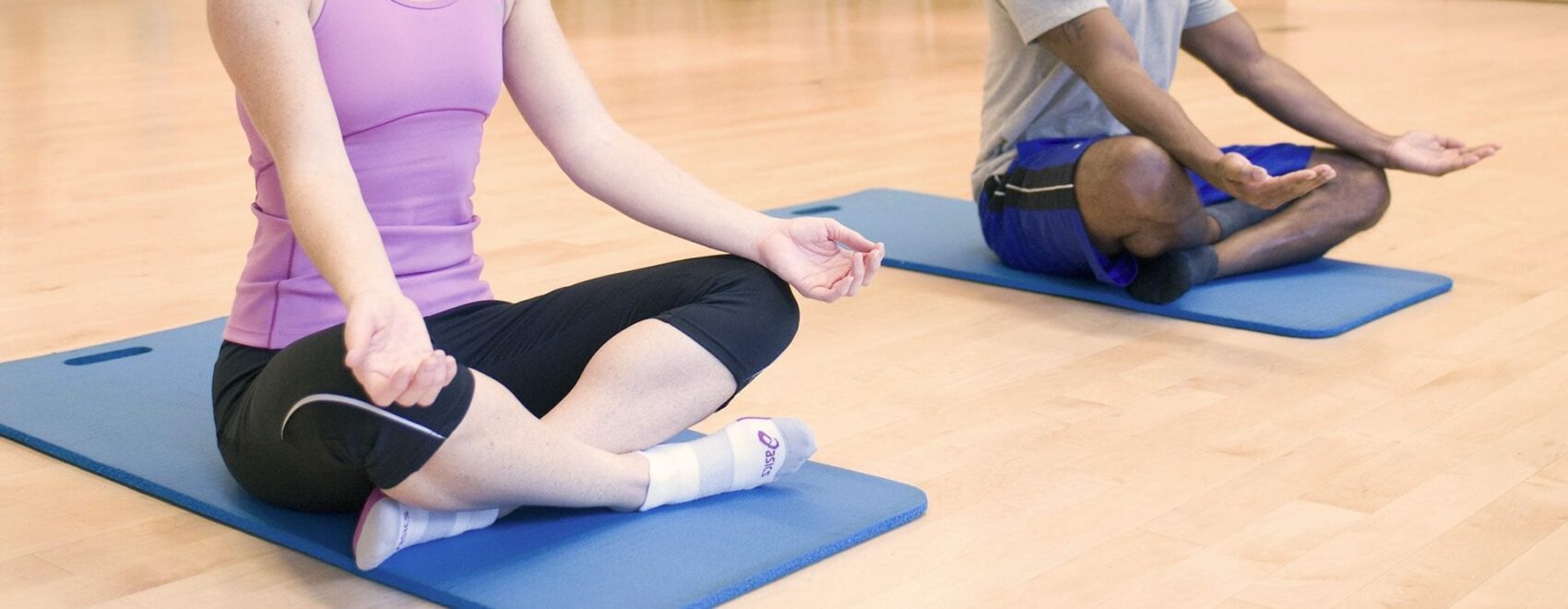This post provided by Jan Hester, MD of Caring for the Family.
One of the easiest things to say, yet one of the hardest to do, is to take care of yourself. What does self-care even mean? Self-care does not look the same for everyone, but there are cornerstones that do apply to each of us. While one person finds peace in gardening, another may cringe at the thought of pulling a weed. Your spouse may like to do yoga, but even thinking about doing a down dog makes you get vertigo. The important point here is that you find something that fuels you rather than drains you. Leisure activities, though, are only part of self-care. There are other facets that are equally important.
The first facet is a healthy diet. Again, this does not look the same for everyone, and it does not mean you have to eat organic or vegan—unless, of course, you choose to. Having a good balance of protein, carbohydrates and fat is essential. I encourage you to try to have a source of protein with every meal and snack. That may be having a dollop of peanut butter with your celery or apple. It might be having eggs with your toast in the morning, instead of a bagel with cream cheese. This does not mean, by the way, that a healthy diet means a perfect diet. It does mean that, for the most part, you eat in a way that nourishes and replenishes your body. I have told patients for years that if I could get them to stop eating fast food, I would feel as if I have done them a service. Does that mean you never get to eat another french fry? No, but it does mean that you have them once in awhile rather than habitually.
The second facet is activity. Our bodies were never meant to sit at a desk in front of a computer, typing efficiently for 8 hours a day. We were meant to move, but our current societal norms disallow that during a typical workday. So, how can you work to alter that? Taking a 15 minute break a couple of times during the work day to walk or stretch can not only benefit your body, but can also allow your brain a chance to reset, which is equally important. The recommended 30-60 minutes of exercise daily is achievable even if you never set foot in a gym. Walk, bike, run, play volleyball, do yoga at home, have a weight set—the key here is consistency, and being accountable to yourself. Your goal is to live your best life, and it is hard to do that when your body isn’t fit enough to do the things you enjoy.
The third facet is moderation. There are guidelines for ‘how much alcohol is safe to drink’. There are numerous studies showing the harms of smoking tobacco. We are all aware of the reasons why ‘drugs are bad’. In times of stress or hardship, though, we often turn to these crutches, thinking that they help us cope, or that we feel better when we are numb. Of course, I have patients who need pain medication, and it is certainly fine to socialize with alcohol. However, when use becomes misuse or abuse, we again harm ourselves believing that we ‘feel better’ when we ingest these chemicals. Self-care is knowing when to stop or how to ask for help, hopefully long before something bad has happened to you from a health or legal standpoint.
The last facet, and in ways the most important, is grace. You are the only person who is guaranteed to be with you your entire life. You need to learn to become your own best friend, using positive words to support yourself rather than tearing yourself down. If a friend lost weight and said, ‘well, I’ve only lost 5 lbs’, would you subvert that person’s accomplishment, or would you provide words of support? It is almost impossible to shame yourself into self-acceptance—you can only love yourself to that place. Be kind to yourself, and you will be amazed at how that kindness, and grace, will radiate from you and into the world. Isn’t that what self-care is really trying to accomplish, to make yourself and your world a better place?
The last facet, and in ways the most important, is grace. You are the only person who is guaranteed to be with you your entire life. You need to learn to become your own best friend, using positive words to support yourself rather than tearing yourself down. If a friend lost weight and said, ‘well, I’ve only lost 5 lbs’, would you subvert that person’s accomplishment, or would you provide words of support? It is almost impossible to shame yourself into self-acceptance—you can only love yourself to that place. Be kind to yourself, and you will be amazed at how that kindness, and grace, will radiate from you and into the world. Isn’t that what self-care is really trying to accomplish, to make yourself and your world a better place?
Be well—Dr. Hester

Leave a Reply